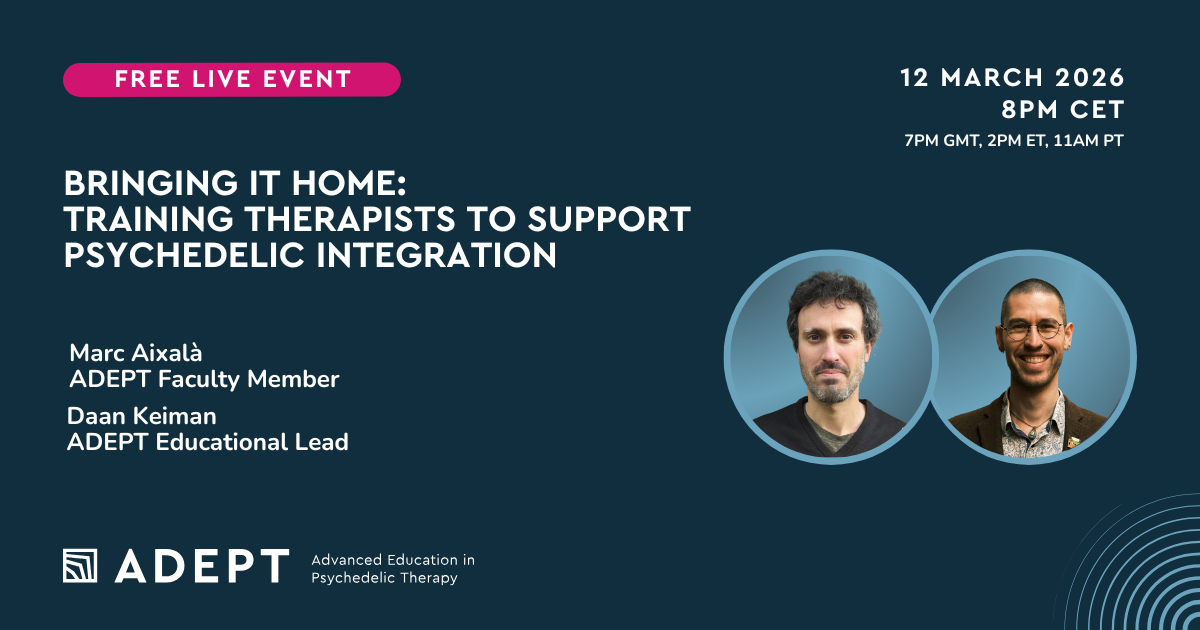Abstract
The moral enhancement (or bioenhancement) debate seems stuck in a dilemma. On the one hand, the more radical proposals, while certainly novel and interesting, seem unlikely to be feasible in practice, or if technically feasible then most likely imprudent. But on the other hand, the more sensible proposals – sensible in the sense of being both practically achievable and more plausibly ethically justifiable – can be rather hard to distinguish from both traditional forms of moral enhancement, such as non-drug-mediated social or moral education, and non-moral forms of bioenhancement, such as smart-drug style cognitive enhancement. In this essay, I argue that bioethicists have paid insufficient attention to an alternative form of moral bioenhancement – or at least a likely candidate – that falls somewhere between these two extremes, namely the (appropriately qualified) use of certain psychedelic drugs.
Earp, B. D. (2018). Psychedelic moral enhancement. Royal Institute of Philosophy Supplements, 83, 415-439., 10.1017/S1358246118000474
Link to full text













